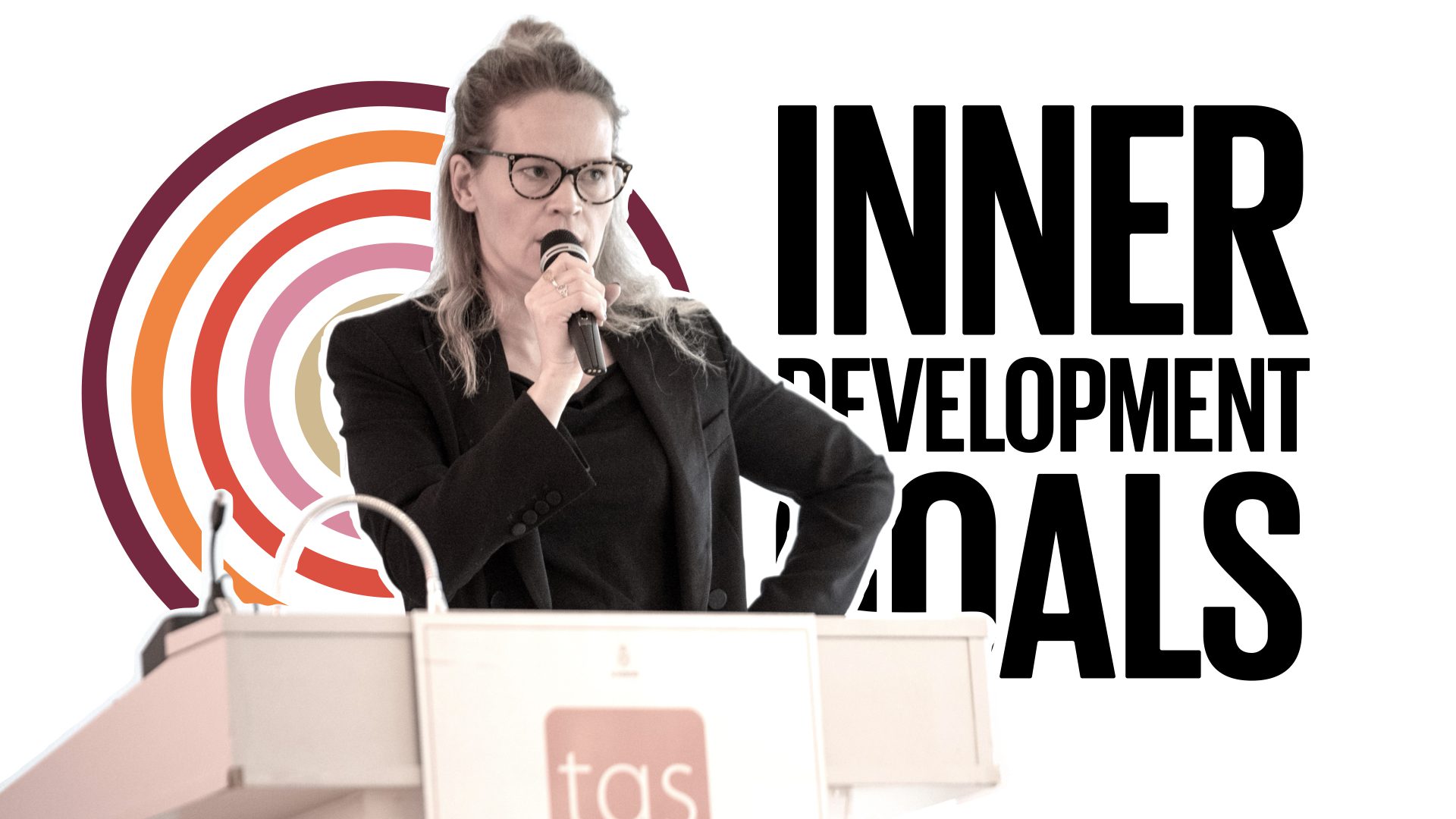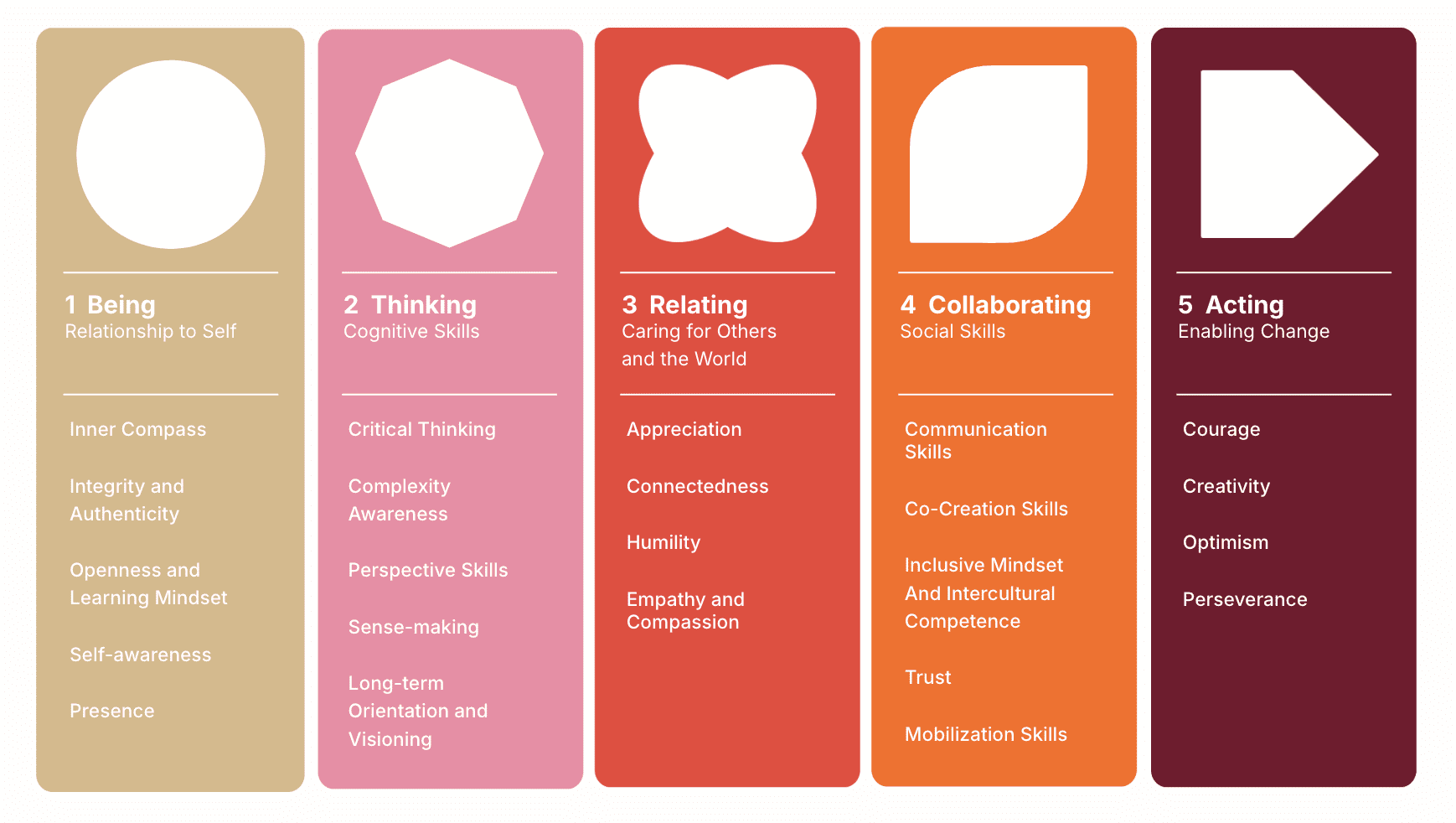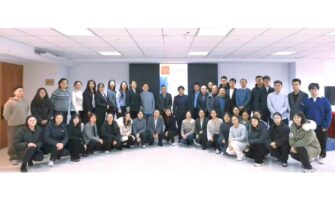27/11/2024
Inner Development Goals: the missing link in professional services
Business advisory Events
Maria giving an IDG keynote for TGS members in Nice 2024
Professional service firms face increasing complexity
A new framework is emerging that might hold the key to both organizational resilience and sustainable impact. Inner Development Goals (IDGs), conceived by the architects of the UN’s Sustainable Development Goals, are demonstrating remarkable potential in transforming how organizations approach modern challenges.
Maria Svensson Wiklander shared her insights into IDG research, and future outlooks that might help TGS member firms redefine their concept of work. Maria is the author of a book about how a company-wide engagement with IDGs can drive sustainable business success.
The Case for Inner Development
The professional services sector – from consulting to technology services – has long prided itself on intellectual capital and technical expertise. Yet today’s challenges demand capabilities that transcend traditional professional competencies. Climate emergency, technological disruption, and social transformation require a new kind of organizational adaptability – one that begins with individual development.
A Framework for Evolution
The IDG framework, developed in 2019 through collaboration with leading researchers including Robert Kegan, provides a structured approach to this evolution. It comprises five dimensions: Being, Thinking, Relating, Collaborating, and Acting. Each dimension combines hard skills like critical thinking with soft skills such as self-awareness – precisely the combination professional service firms need to navigate increasing complexity.
Find out more about the Inner Development Goal initiative.

From Theory to Practice: The Ice Bug Example
A compelling case study from Swedish company Ice Bug demonstrates the framework’s potential. While not a professional services firm, their experience offers valuable lessons for the sector. Over two years, Ice Bug implemented a comprehensive inner development program across their 50-person organization. The structure – featuring 100-day focused sessions, two-week sprints, and cross-functional collaboration – mirrors the project-based approach familiar to professional services.
The results were remarkable: 80% of employees reported increased reflection capabilities, 88% witnessed clear team development value, and 91% experienced stronger colleague relationships. Most significantly, during the program period, the company doubled turnover and tripled profit – achievements that should capture any managing partner’s attention.
Implications for Professional Services
For professional service firms, the implications are profound. The sector’s challenges – from talent retention to innovation in service delivery – increasingly demand solutions that traditional training programs cannot provide. IDGs offer several specific advantages:
- Enhanced Client Service: Improved self-awareness and relationship skills directly translate to better client interactions and more innovative solutions.
- Talent Development: The framework provides a structured approach to developing the next generation of leaders, addressing both technical and emotional intelligence.
- Cross-Practice Collaboration: The emphasis on relating and collaborating skills can break down the silos that often plague professional service firms.
- Change Readiness: As firms navigate digital transformation and sustainability challenges, enhanced adaptive capabilities become crucial.
Implementation Principles
Success requires adherence to several key principles. Voluntary participation is a basic need as forced participation undermines effectiveness. The program must have a clear purpose and align with firm strategy and values. Partners and senior leaders must actively participate if the project is to be successful. Programs should be grounded in established developmental psychology and skilled facilitators are essential for managing the process so it’s often worth working with a professional like Maria (sign up for with a discount for our start up workshop below).
Beyond Traditional Development
The IDG approach differs fundamentally from conventional professional development. It’s not merely about acquiring knowledge or skills, but about developing the cognitive and emotional capabilities needed for complex problem-solving. For professional service firms, this distinction is crucial.
Measuring Impact
The framework’s impact can be measured across multiple dimensions but will often increase, individual capability development, team effectiveness, client satisfaction, financial performance, innovation metrics and employee retention. That’s a lot of benefits to be gained.
The Path Forward
For professional service firms, implementing IDGs represents a significant commitment. The investment – typically 1.5-2 hours per week per employee – must be weighed against the potential returns. However, as complexity increases and traditional approaches show their limitations, the question may become not whether to implement such programs, but how quickly they can be effectively deployed.
The evidence suggests that firms which successfully implement IDG programs gain significant competitive advantages in talent retention, client service, and innovation capability. In an industry where human capital represents the primary asset, such advantages could prove decisive.
Get started on your IDG journey to build the capabilities your firm needs for future success
Pre-register for a discounted place on TGSU x Maria’s unique development opportunity to make your teams indestructible with the power of Inner Development Goals



